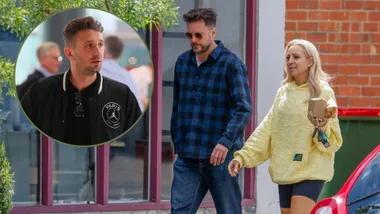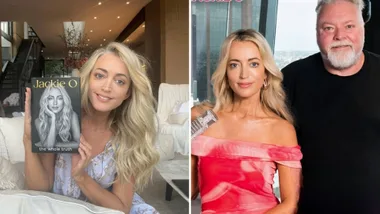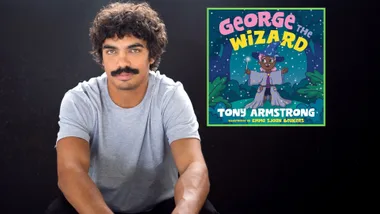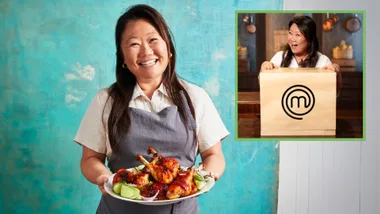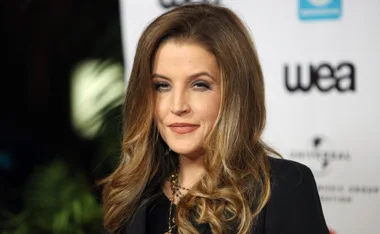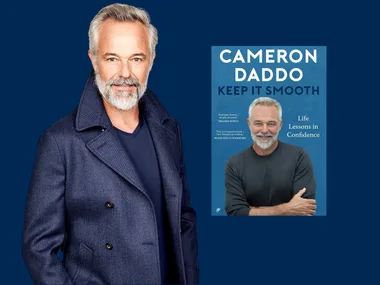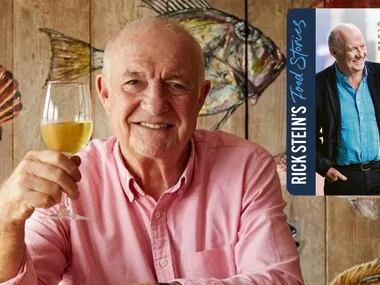Since being thrust into the spotlight at the side of her sister Kate, now the Duchess of Cambridge, Pippa Middleton has played the part of socialite, a formidable bridesmaid, and occasional honorary royal. Now she can also call herself an author.
Following in her parents professional party-planning footsteps, Pippa has released her debut book — a celebration guide filled with recipes, decorating ideas, and other inspirations.
Related: Pippa Middleton ‘devastated’ by ugly face taunts
Celebrate: A year of festivities for families and friends, has been billed as a ‘comprehensive seasonal guide to simple and creative entertaining’, and is reported to be the product of a $260,000 book deal for Miss Middleton.
On the patchwork style cover of the book, Pippa is pictured four times, fixing garden decorations, preparing food with a child, setting a table, and on the beach throwing a Frisbee.
The posed pictures may come as a surprise, as Pippa constantly insists on maintaining her privacy.
UK newspapers are in agreement not to use paparazzi photographs of the Duchess’ sister because of her request to remain out of the public eye, even though she often attends public events, and is now further boosting her profile with her publishing debut.
Whether she is able to maintain her “private citizen” status following the book’s release remains to be seen.
In pictures: William can’t keep his hands off Kate
The book, described as a cross between a party planning bible, entertainment guide and recipe book is set for an October release, but is already attracting criticism.
Some commentators have accused the author of cashing in on her sister’s royal status.
Kate and Pippa’s parents Carole and Mike Middleton, have faced similar accusations, with their online family business Party Pieces, which sold Royal Wedding paraphernalia last year, quadrupling in traffic surrounding the event.

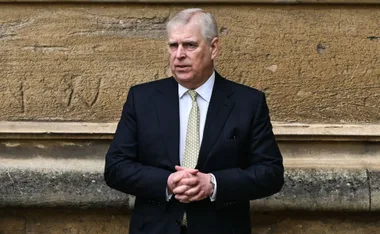
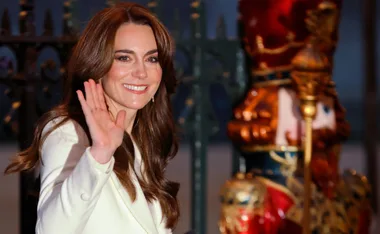
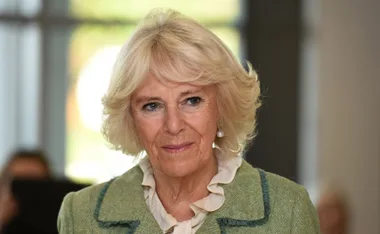
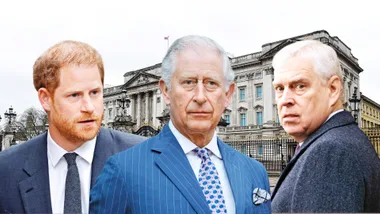
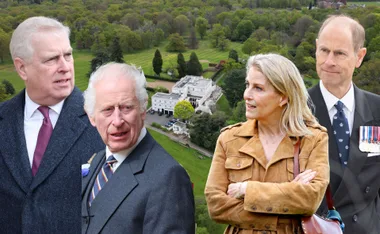

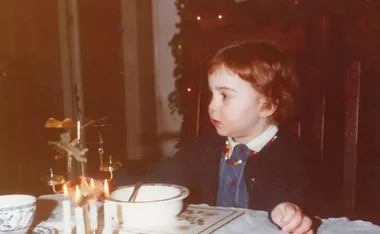

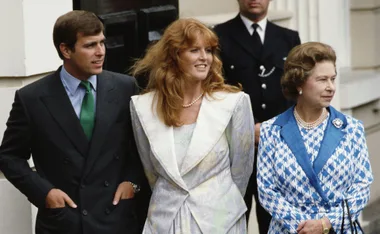
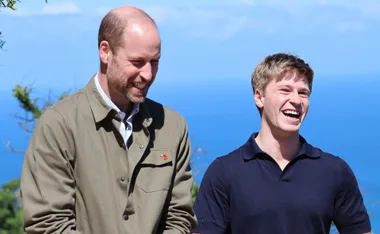




.png?resize=380%2C285)
.jpg?resize=380%2C285)
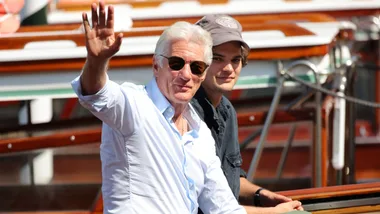
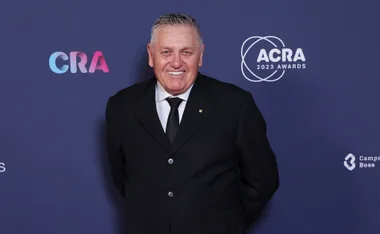


.png?resize=380%2C285)
